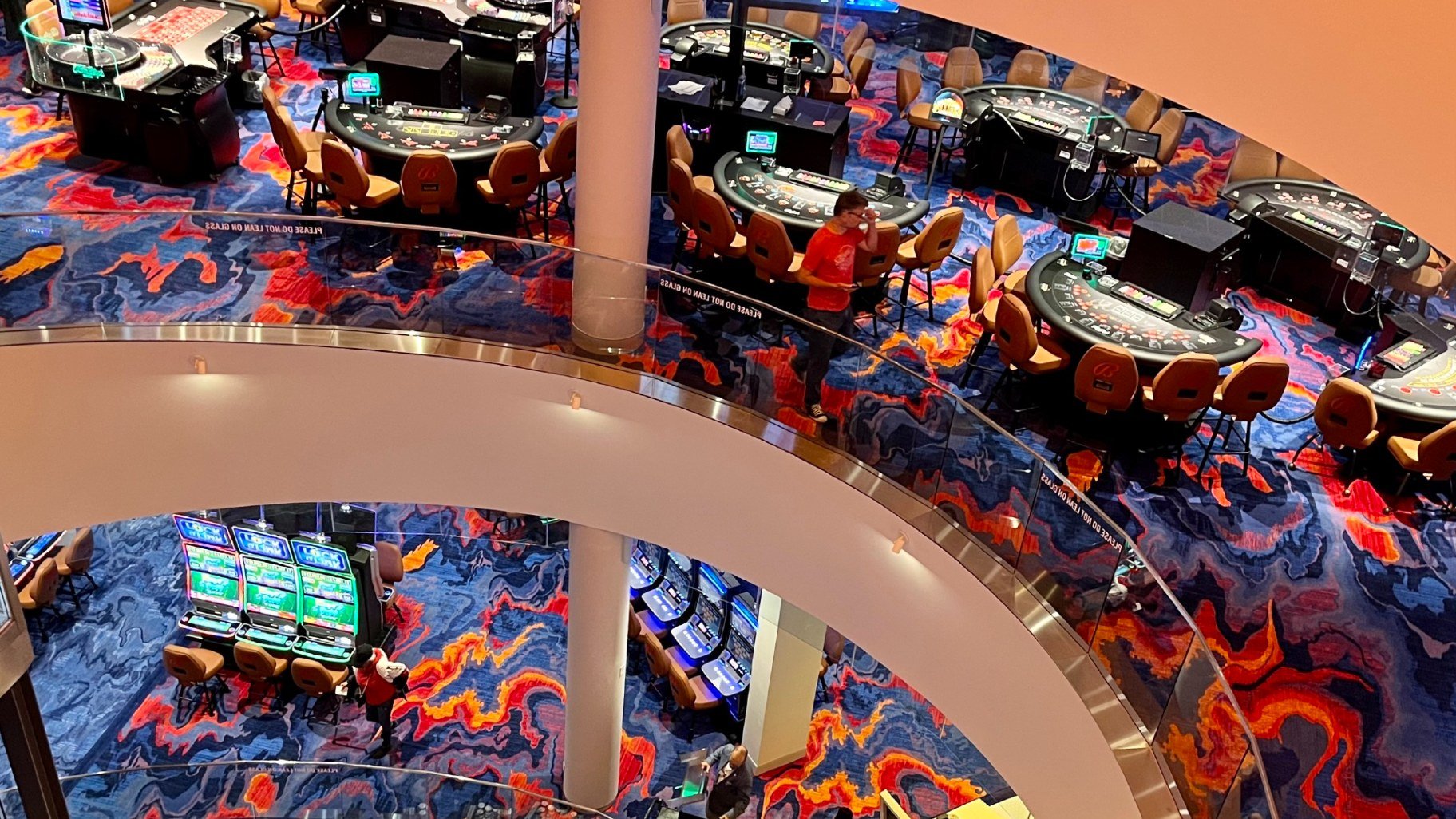
Gambling has been an essential part of human entertainment for thousands of years, developing through cultures and periods to become the dynamic casino activities we know today. From the ancient Chinese and Romans, who engaged in multiple forms of betting and luck, to the modern gaming floors of contemporary casinos, the allure of gamble and reward has fascinated individuals across the globe. SHBET.CRUISES The change from simple dice games and primitive betting setups to the lavish environments of contemporary casinos reflects major strides in both cultural standards and technological.
As cultures evolved, so too did the complexity of gambling activities, with casino games emerging as a distinct category of entertainment and thrills. These activities have transformed from informal gatherings centered around wooden tables to sprawling, opulent establishments designed to lure players. Today, we explore this captivating journey, analyzing how traditional practices laid the groundwork for the diverse and thrilling casino activities that bring joy to countless people worldwide.
spintax
Ancient Betting Practices
Gambling has significant roots in human history, with indications of games of chance tracing back to ancient societies. Archaeologists have uncovered that as far back as 3000 BC, the ancient Chinese were using basic forms of gambling with dice made from wood. Similarly, ancient Mesopotamians engaged in betting activities, often relying on the tossing of lots or dice to determine results. These early forms of gambling served not only as entertainment but also played crucial roles in social and cultural customs.
The Egyptians also were involved in gambling activities, with games that included betting on the outcomes of various events, including athletic events and religious festivals. Artifacts such as dice and depictions of players from ancient tombs show that betting was a popular pastime. It provided both leisure and a means of engaging in social interaction, often linked to celebratory occasions or important gatherings. This activity demonstrated the universal appeal of chance and competition throughout the ages.
In ancient Rome, wagering became a widespread practice among the populace, as reflected by references in texts and the establishment of guidelines around certain activities. Romans enjoyed a variety of betting activities, from betting on chariot races to playing games akin to modern-day board games. The legal system surrounding these activities began to take shape, establishing the foundations for betting regulations that would develop in the centuries to come. The prevalence of betting during this period set the stage for the development of gambling house games in the future.
The Development of Gambling Games
Casino games have gone through substantial transformations from their roots to the contemporary entertainment options. In early civilizations, gaming was frequently associated to ceremonial practices, with games of dice found in the ancient Mesopotamian region and betting on the outcomes of events in ancient Rome. These initial forms of gambling laid the basis for the structured games we see today. The change from informal gambling to regulated games happened as societies began creating rules and venues for wagering, reflecting cultural values and practices.
The medieval period saw the development of card games, which gained recognition among European nobility. Games like first and the game baccarat became essential components in social gatherings. The development of printing technology further enabled the spread of playing cards, making them more reachable to the general public. As gambling houses began to multiply, these card games developed into adaptations that catered to wider audiences, eventually leading to the creation of casinos as specialized venues for gaming.
The 20th century marked a crucial point in the development of casino games, with the growth of commercial casinos in Las Vegas and other gambling hotspots. This era saw the introduction of games like slot machines and modern versions of table games, complete with high-quality graphics and intricate betting structures. The introduction of online casinos in the 1990s additionally revolutionized the gaming industry, allowing players to access a wide range of casino games from the safety of their homes. Today, casino games continue to progress, blending traditional elements with cutting-edge technology to create engaging experiences for players globally.
Contemporary Gambling Regulations
In these years, the landscape of gambling laws has changed significantly, especially as technology and online gaming have become increasingly prevalent. Authorities around the planet have implemented various laws and guidelines to make certain that gambling activities are conducted fairly, with responsibility, and transparently. These regulations often encompass aspects such as permits, advertising, player safeguards, and responsible gaming measures. Authorities aim to reduce problems such as problem gambling and cheating while fostering a fair gambling environment.
The emergence of internet casinos has created a need for a different approach to regulation. Many legal areas have created specific internet-based gaming frameworks that serve internet-based gambling, allowing operators to provide their offerings within the law. These frameworks often require operators to obtain licenses, adhere to strict safety standards, and offer customer support options to help players. By closely monitoring online activities, authorities can better protect consumers from risks and make sure that gaming is carried out in a protected manner.
Furthermore, contemporary gaming laws are increasingly concentrating on responsible gambling strategies. Many gaming establishments and internet-based platforms now adopt features such as player exclusion, deposit limits, and time-outs to help players control their gaming habits. Educational campaigns aimed at raising awareness about the risks of gambling are also widespread. As the sector continues to expand, the emphasis on responsible gaming remains a cornerstone of regulatory efforts, showing a dedication to encouraging a safe and pleasant gaming experience for all players.